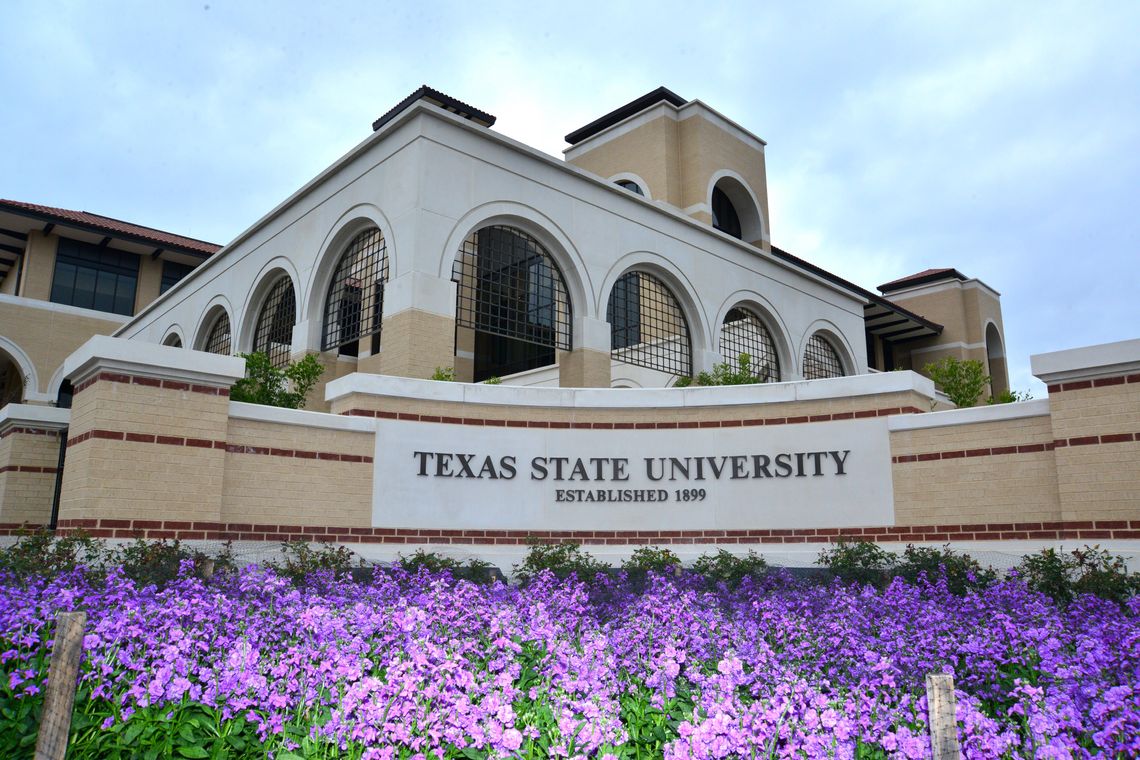Texas State University will extend spring break for one week and move to remote courses through April 12 to enable social distancing measures on its campuses in response to growing COVID-19 concerns, university President Denise Trauth announced Thursday.
Texas State will extend spring break for students through the week of March 27 and no classes will be offered on the San Marcos or Round Rock campuses from March 16-27. There are currently no cases of COVID-19 at either Texas State campus nor are there any confirmed cases in Hays County.
“Our top priority is the safety and health of our students, faculty and staff,” Trauth said in a statement.









